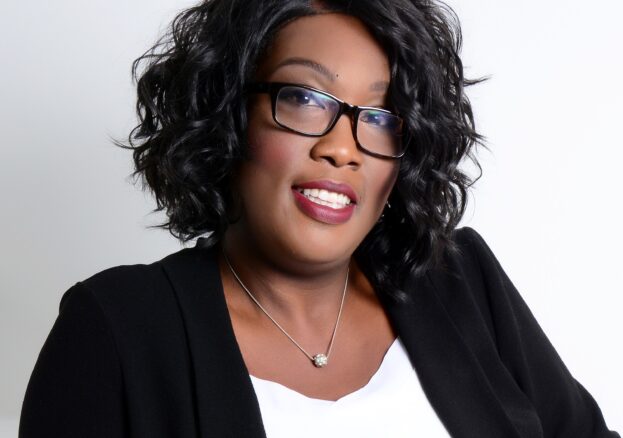
Black History Month reminds us of where we are from, we what have achieved and the beauty and richness of our culture. This year’s Black History Month feels more poignant than ever and this edition of BHM magazine reflects this.
2020 is the year we witnessed two viruses killing Black people: COVID19 and racism.
Many of our brothers and sisters were taken away from us this year – some before our very eyes. Breonna Taylor, Ahmaud Arbery, George Floyd to name a few. We saw hundreds of people from the Black community lose their lives to COVID 19 – many who were working on the frontline.
We also said goodbye to those precious souls, like Dame Jocelyn Barrow whose work has left an indelible mark on the Black community in the UK.
2020 has truly tested us. It nearly broke us.
…and yet, in the words of Mayo Angelou, still we rise. And rise we did but this year felt different. The younger generation from all backgrounds stood, knelt and shouted side by side declaring Black Lives Matter. They set a tempo for their inclusion and anti-racist melody watched and, in many cases, admired, by the world.
We saw statues of slave traders come tumbling down and emblems of Britishness and colonialism come under scrutiny and challenge. We saw parts of the UK get into what the late Civil Rights activist John Lewis called: “good trouble, necessary trouble”.
Even in the midst of the backlash marches from far-right groups, we went higher. We saw five Black men led by Patrick Hutchinson, save a former policeman, Bryn Male. Newspapers showed Hutchinson carrying Male on his shoulder taking him to safety as he was knocked over by his colleagues as they made their racist chants.
We are powerful people. There is strength in amalgamating voices to call out behaviours, actions and attitudes that are racist and discriminatory. Be that through employee networks for Black staff, or more influential voices such as Dr Shola Mos-Shogbamimu, John Boyega, and John Amaechi. We need more organisations like Argos and ITV, rejecting complaints about their adverts or television programmes because they solely feature Black people or support the Black Lives Matter movement. I congratulate those leading race equality sessions helping white people sit with their discomfort as they explore the power of white privilege, the importance of white allies, and necessity for organisations to be anti-racist.
Let us keep our collective foot on the accelerator. The road to race equality continues to be hazardous with many barriers and sadly, fatalities. There are those who want to sabotage our endeavours to prevent this agenda progressing. That is why this October, we remind ourselves of our history in the UK (which goes beyond the transatlantic slave trade). Our roots are strong; our presence is powerful; and our contribution should be celebrated.
